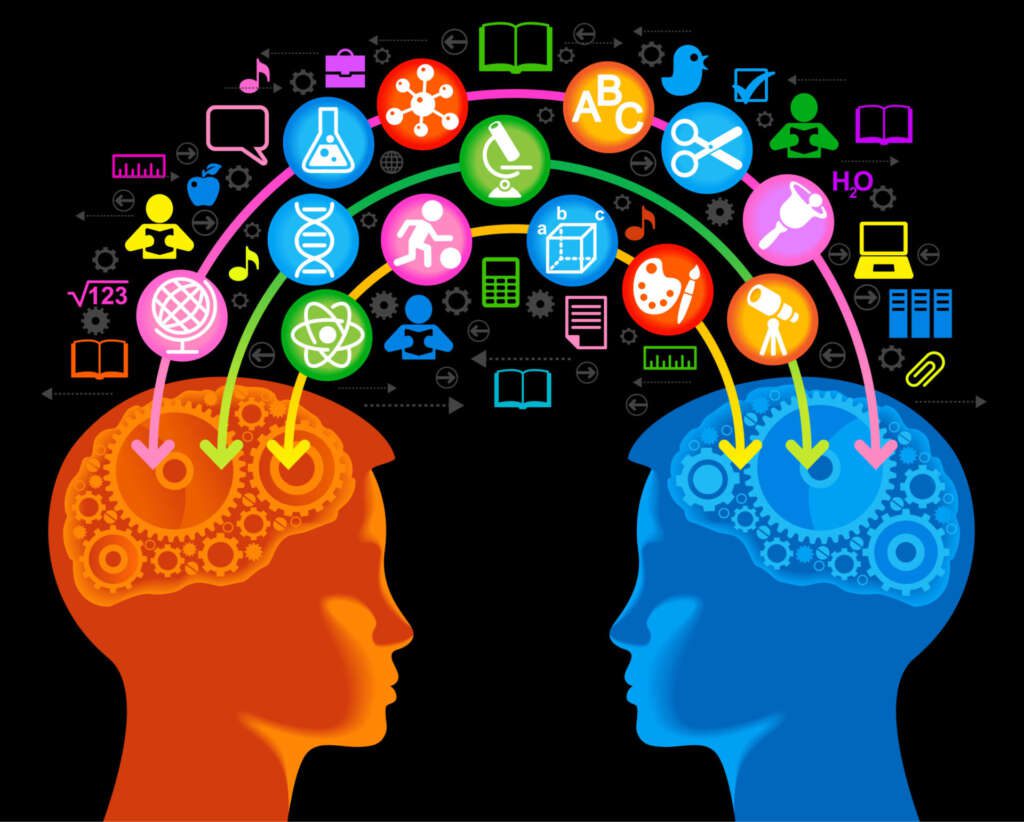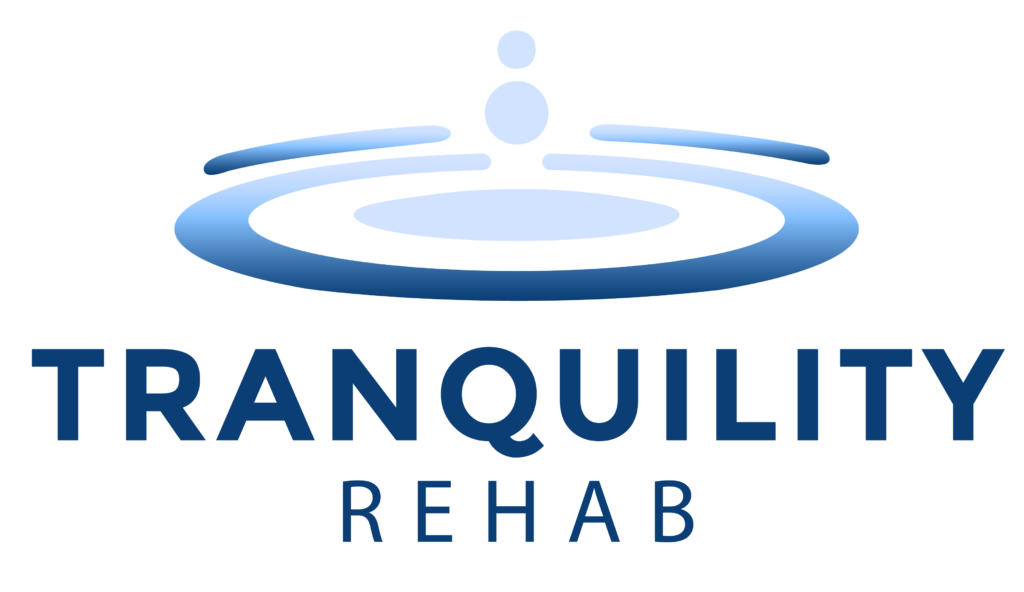Drug addiction is a significant problem affecting not only the addict but also their loved ones, including their children. Children of drug addicts in California confront unique obstacles that can impact their physical, emotional, and mental health. Many children are frequently subjected to disorder, unpredictability, disorganization, emotional and/or physical neglect, instability, disputes, marital problems, and other challenges. Consequently, these children may experience or demonstrate anxiety, depression, antisocial behavior, relationship issues, behavioral problems, etc. In this blog, we will examine the effects of substance addiction on the children of addicts and their coping mechanisms.
Common Characteristics of Drug Addiction Parents
Every individual and every circumstance is unique. However, given the circumstances, the upbringing of the children of drug addicts may share certain characteristics. The following are the characteristics of drug-addicted parents:
- Anxiety.
- Difficulties dealing with extreme positive and negative emotions.
- Feeling bitter or furious toward their parent.
- Difficulties in forming trustworthy, healthy connections.
- Intimate connections that are dysfunctional.
- Insecurity.
- Aggression is an example of antisocial conduct.
- Putting the requirements of others before their own.
- Difficulty interacting with people.

Emotional Impact
Children of addicted parents frequently experience a wide spectrum of emotions, which can have long-term consequences for their mental health and well-being. They may suffer dread and worry as a result of their parents’ erratic behavior while under the influence of drugs. It’s may be concerned about their own or their siblings’ safety. They may also live in a condition of continual uncertainty, not knowing when their parent may relapse or what their parent will do when they are taking drugs.
Children of addicts in California may be embarrassed or ashamed of their familial status. Because they are afraid of being judged or stigmatized, they may be hesitant to invite friends over or participate in social activities. It may also feel terrible about their parent’s addiction and hold themselves responsible for their parent’s actions. They may be furious and resentful of their parent’s addiction and the effects it has on the family. They may feel compelled to assume adult tasks or to overlook their own needs in order to care for their parent or siblings.
The emotional toll of having a parent who is addicted to drugs can lead to melancholy and isolation. Children may feel isolated from their peers or family members. They might have low self-esteem or a sense of despondency.
Physical Impact
Children of addicts might suffer from a variety of physical side effects as a result of their parent’s addiction. Neglect is one of the most common physical consequences. Drug-addicted parents in California may be unable to give enough care for their children, resulting in hunger, poor cleanliness, and insufficient medical attention.
Drug paraphernalia or narcotics themselves may be exposed to children of drug addicts, placing them in danger of accidental consumption or overdose. This exposure can result in bodily injury, such as breathing issues or organ damage, and can even be fatal.
Furthermore, due to a lack of stimulation and engagement with their parent, children of drug users may face developmental problems, such as delayed speech or motor abilities. These delays can have long-term consequences for their physical health and well-being.
It is critical that children of drug addicts in California receive proper medical care and attention in order to treat any physical consequences they may be facing. Seeking professional assistance and support might also assist them in coping with the emotional and psychological consequences of their parent’s addiction.
Social Impact of Drug Addiction
Children of drug users can face a variety of societal consequences as a result of their parent’s addiction. Social isolation is one of the most common social consequences. Children may retreat from social activities or connections because they are embarrassed or ashamed of their familial status.
Children of drug addicts may face societal stigma and discrimination as well. Because of their family’s drug addiction, they may be criticized or stigmatized, which can have a bad influence on their self-esteem and overall well-being. They may also be bullied or harassed by peers or others in their community.
They may also suffer from social connections and trust concerns. The instability and unpredictability of their family circumstances, they may find it difficult to build intimate relationships or trust people.
Children of addicts require help and understanding from their social networks, which include friends, family members, and professionals. Support groups for children of addicted parents can also be beneficial in providing a secure area for them to connect with others who are going through similar struggles. We can help children of drug users overcome the social consequences of their parent’s addiction and enjoy healthy and meaningful lives by giving social support and empathy.
Academic and Cognitive Impact
Children whose parents abuse alcohol or other substances may experience a variety of detrimental scholastic and cognitive consequences.
- Grade point averages (GPAs) are low.
- Grade-level retention/failed grades.
- Failure to complete secondary school.
- Poor arithmetic, reading, and spelling performance.
- Absences without justification/truancy.
- Learning capacity is impaired.
- Speech and language development is delayed in the first three years of life.

Coping Mechanisms
There are several things that can be taken to lessen the impact of drug addiction on the children of addicted parents. These are some examples:
Intervention at an Early Age
The need for early intervention in reducing the long-term impacts of drug addiction on children cannot be overstated. Education programs, therapy, and support groups are all examples of intervention. Early intervention can assist youngsters in comprehending their situation, dealing with their emotions, and improving their social skills.
Environments that are encouraging
Providing a supportive environment for the children can assist to lessen the burden of their parent’s addiction. This can involve providing adequate meals, a safe place to live, and access to mental health services. Furthermore, allowing children to participate in extracurricular activities might help them develop self-esteem and social skills.
Ending the Cycle
Breaking the addiction cycle is crucial to reducing the impact of drug addiction on children. This can include offering drug treatment to the addicted parent, assisting them in finding work and stable housing, and providing support to the entire family.
Conclusion
Parents addicted to drugs cause great suffering to their children. Physical, emotional, and social difficulties in children can have long-term consequences. Early intervention, supportive surroundings, and breaking the addiction cycle are critical stages in reducing the impact of drug addiction on children of addicted parents. Tranquility Rehab can help them overcome the problems they experience and enjoy healthy and fulfilled lives by providing the necessary support and resources.


